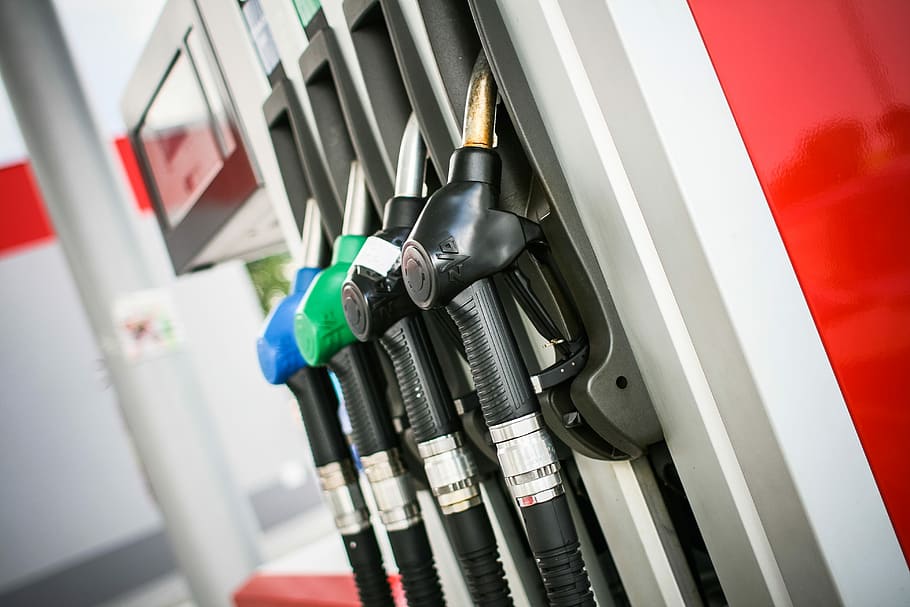In recent months many of us made fewer journeys, namely due to being in lockdown from the coronavirus outbreak and didn't need to refuel our vehicles as often, leading to an over-supply of oil. With this decreasing demand for fuel, the average cost of filling up a car with unleaded petrol dropped to its lowest level since 2016, with many supermarket forecourts cutting their petrol prices to below £1 a litre.
Whilst it may have been tempting to refuel your car, particularly with the cost of petrol and the quantity you fill up with almost like for like, there’s the longstanding debate over whether the standard petrol and diesel sold by supermarkets are the same quality as that sold by branded fuel companies.

Is there a difference?
In short, yes and no. All petrol and diesel sold in the UK must conform to the relevant British Standards, meaning that they should all work in the same way and using the same fuel type from any garage should not cause any issues with your vehicle. Every petrol station uses a standard ‘base’ fuel, with many of the supermarket and big name fuel brands coming from the same refineries. The only big difference is that different petrol retailers use different additives in their fuel before it ends up in your tank. These additives can affect the MPG and general running of the vehicle, with this in mind, it could be the reason why some drivers report that their car runs better on some garage fuels over others.
Different fuel types:
Long gone are the days when the only choice of fuel was either petrol or diesel. Nowadays, petrol is no longer a ‘one choice suits all’ with other types of fuel to consider when it comes to filling up at the pumps. Octane (petrol) and cetane (diesel) ratings describe the way a fuel burns inside an engine, the higher the rating the more efficiently and effectively fuel will burn inside your engine.
But what’s the difference between premium and super fuels? Petrol that is labelled as ‘premium unleaded’ on forecourt pumps is actually standard 95-octane, premium fuels on the other hand are not the same as regular petrol or diesel - although they can be freely mixed with standard fuels without problems, they often weigh in at 97, 98 or 99-octane and are known as ‘super unleaded’. Confusing right? Just remember that when it comes to fuel, super is better than premium. These ‘super unleaded’ fuels cost several pence per litre more than regular unleaded but usually feature a different, more sophisticated package of additives for cleaning and lubrication, improving performance or economy. So, should you go for super fuels in your car? It seems these fuels do actually make a difference and some manuals, especially on performance cars, even advise using 98-octane fuel. However, we would advise checking the manual before you fill up but if your manufacturer suggests using a super fuel then you probably should.
Similar to unleaded petrol, diesel comes in a standard form and a ‘top of the range’ super variety. However, premium diesel doesn’t usually feature a higher octane rating, instead this more expensive super diesel will feature chemicals in its mixture that are designed to clear soot deposits and other oily build-ups from within the engine’s fuel system.
Around half the petrol and diesel that’s currently powering UK cars come from supermarket pumps and whilst there’s no scientific evidence to suggest that supermarket fuel is in fact inferior to brand-name equivalents, we see no reason why you shouldn’t fill up when you get your groceries.
Do you use supermarket fuel or branded fuel? Have you noticed a difference in your vehicle’s performance? Let us know your thoughts via our social media channels.
Other CarCliq articles that you might interest you:
New E10 Fuel Set To Be Introduced In 2021
Don’t Be Fuel-ish
Alternative Fuels For Cars
What Is AdBlue
The Best Fuel Type For You
For more CarCliq Guides, click here.